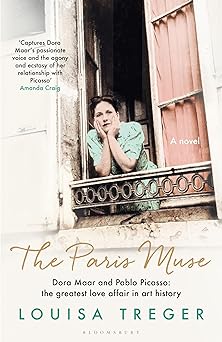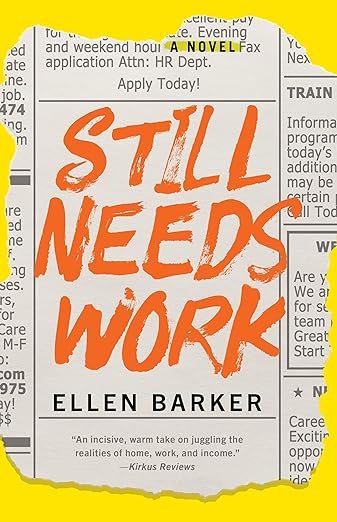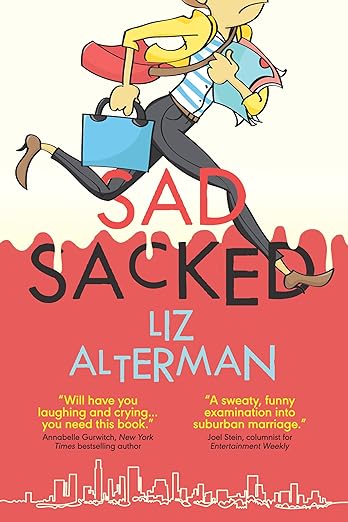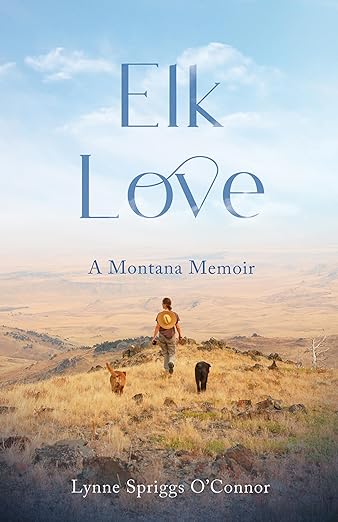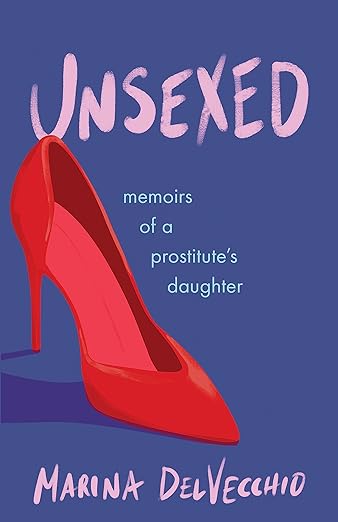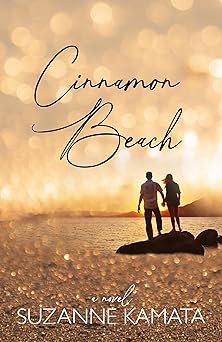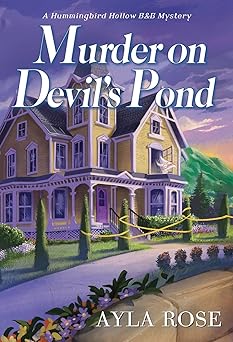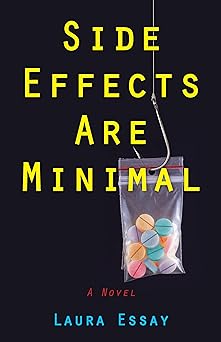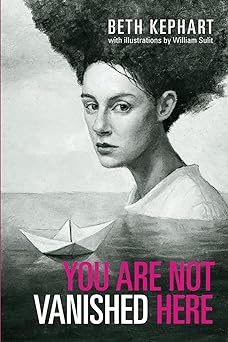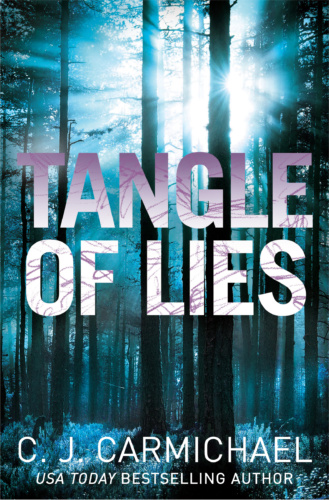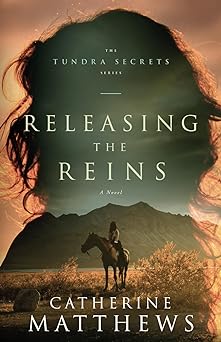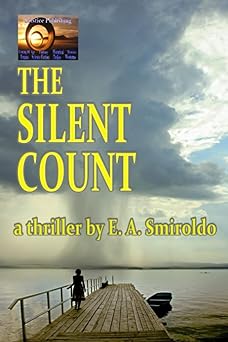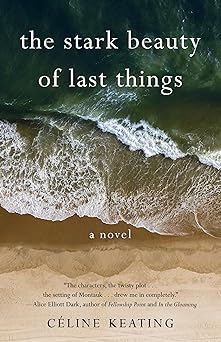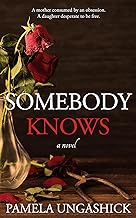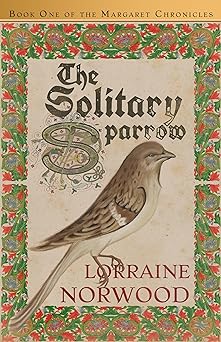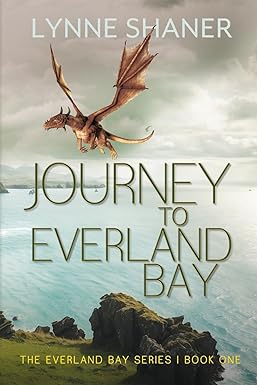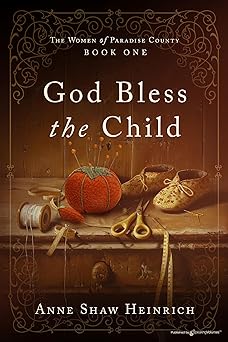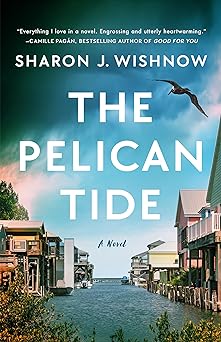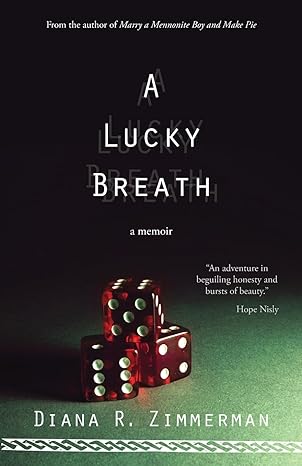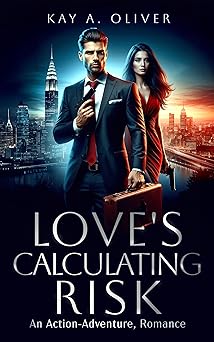Short Fiction: Ditch the Roadmap and Follow Your (Weird) Heart
By Jo Paquette
 The thing nobody tells you when you are starting out as a writer is that it is a skill you are going to have to re-learn every single time you begin creating something new. Every book, every article, every poem finds its author standing at the bottom of a well, looking up at the distant hole of sky a full mile above, and wondering, “How on earth am I going to get back up there?”
The thing nobody tells you when you are starting out as a writer is that it is a skill you are going to have to re-learn every single time you begin creating something new. Every book, every article, every poem finds its author standing at the bottom of a well, looking up at the distant hole of sky a full mile above, and wondering, “How on earth am I going to get back up there?”
It’s exciting, isn’t it? Hmm, yeah . . . maybe on my better days. Most of the time, I’m too busy grabbing at the crumbling stonework and cursing my broken nails and trying to keep my balance so as not to fall headlong back down the way I’ve come, only to have to start all over again.
When I began crafting the stories that would end up in this collection, writing short fiction was an entirely new experience for me. As the author of nineteen books for young readers, I am no stranger to the publishing process. But going from The Tiptoe Guide to Tracking Fairies and The Train of Lost Things and All from a Walnut to—well, to Stories I Told My Dead Lover was, shall we say: quite a leap. Topically, for sure. But craft-wise, too.
Short fiction is a unique animal. It’s not a movie but a snapshot. I like to think of a story as one of those “Live” photos you get on the iPhone: It’s a fragment, an extended moment in time. You are plunged wholesale into a world with no lead-up or context or backstory; you live the experience through the eyes of the characters; then it is over. Whether it’s three pages long or twenty, a short story’s impact comes from its crisp demarcation of boundaries, its beginning and end.
I wrote the stories in the collection across a fairly close and intense time period, which gave me a lot of opportunity to contrast the creation process from story to story. My natural bent as a writer is to be a planner, an outliner. I want to know where I am going, to have a clear map in hand as I forge into the wild unknown. And for some of the stories, this worked. Most of the time, though, I found that this type of short fiction resisted my preferred method of advance organization. The best—often the only—way in was to just grab a thread and start tugging. To follow the helter-skelter muse wherever the heck it was leading.
While writing the story A Taste of Yellow, I began with little more than a loose theme in mind, no actual story frame. So I decided to just begin free-writing the early paragraphs. Without real forethought, I typed a sentence that described one of the characters eating a spoonful of honey. There my inspiration ran out. Sitting there in the coffee shop, fresh out of direction, I started thinking about honey.
A benchmark of health and nourishment. But . . . what if it wasn’t? What would happen if bees made honey out of flowers that were poisonous? Was that even a thing? A little research showed me that it was indeed a thing. And from there came the inspiration for what would comprise the main bulk of the story itself. And all because I took one small whim, gave it wings, and went along for the ride.
I started to see it as a bit of a game. For each story, there was a different starting point. It might be an intriguing title I had thought of and could not get out of my head. What storyline or characters could do justice to this title?
It might be a theme that was important to me in that moment, some life issue or hypothetical scenario I wanted to explore, to make sense of in my head. How could that topic or theme play out in the life of someone who was intensely grappling with it? It might be a concept or strange setup—a creepy gestating egg! a modern-day gremlin that feeds on your secrets! a deserted island with a dark shadowy presence at its heart!—the possibilities are limitless.
The beauty of short fiction—or, at least, the type of short fiction that I write—is that it can be as weird as I choose for it to be. There is a giddy freedom in taking your imagination fully off-leash and saying: Go where you will. Dig, root up, explore; take and find and show and be. I’m not gonna lie, it can be a little scary at times. It can take you to some pretty dark places.
But maybe, ultimately, that’s the point. With short fiction, as with most types of writing, I truly believe that the deeper you go, the more vulnerable you allow yourself to be, the more poignant and specific your truth, the more your work will resonate with readers. There is an arresting irresistibility to that type of writing. As a reader, you see it and you cannot look away.
—
Jo Paquette is an author and senior literary agent living in the Boston area. She has published over a dozen books for young readers, which have been translated into nine languages and have received numerous accolades, including a nomination for the Massachusetts Book Award. Stories I Told My Dead Lover is her adult debut.
STORIES I TOLD MY DEAD LOVER
 Perfect for fans of Carmen Maria Machado and Kelly Link
Perfect for fans of Carmen Maria Machado and Kelly Link
Stories I Told My Dead Lover
Eight searing tales of psychological horror that probe the darkest and most deeply buried parts of the human psyche …
A child is forced to grow up too soon.
A woman trusts her doctor too much.
An abandoned woman isn’t as alone as she thinks.
An idyllic holiday masks an unspeakable act of violence.
Driven, desperate, fighting for the power to choose their own fate, Paquette’s characters dare to push back at the walls that hold them in.
Come watch them burn.
BUY HERE
Category: On Writing




